How to protect yourself and prepare for the coronavirus
Do I even have to wear a mask to exercise?
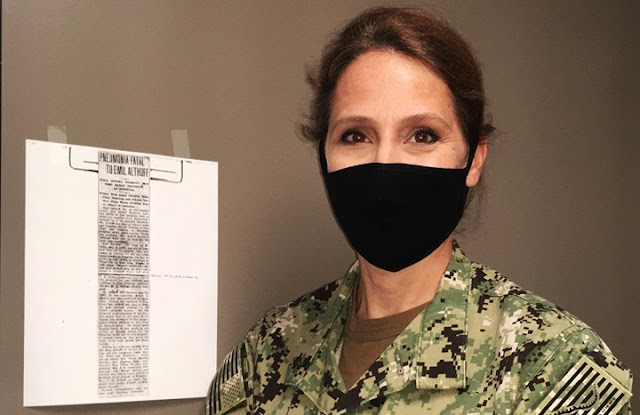 |
| How to protect yourself and prepare for the coronavirus |
It is NOT advisable to wear a mask for a workout , because it could reduce the power to breathe comfortably. additionally, the mask is often moistened more quickly with sweat, which may make breathing difficult and promote the expansion of microorganisms. The important thing to guard yourself during a workout is to remain a minimum of one meter faraway from people.
Can shoes spread the COVID-19 virus?
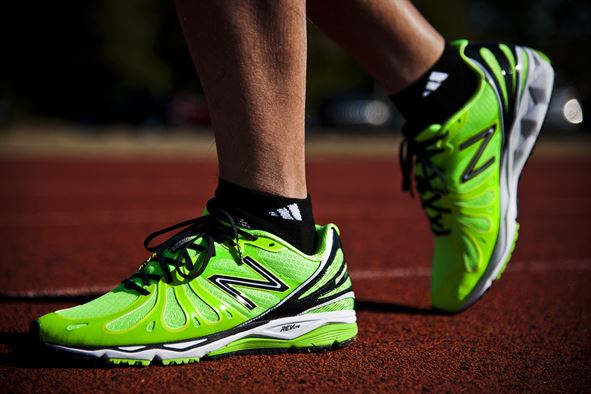 |
| How to protect yourself and prepare for the coronavirus |
The likelihood of the COVID-19 virus spreading through shoes and infecting people is extremely low. As a precautionary measure, especially in homes where babies and toddlers are crawling or playing on the ground, consider leaving shoes outside your home. this may help prevent contact with dirt or any debris which will be transported on the soles of the shoes.
DEMONSTRATED: CORONAVIRUS DISEASE (COVID-19) is caused by an epidemic, NOT bacteria.
The virus that causes COVID-19 belongs to a family of viruses called Coronaviridae. Antibiotics don't work against viruses.
Some people that get COVID-19 also can develop a bacterial infection as a complication. during this case, a healthcare provider may recommend antibiotics.
Currently, there's no authorized medication to cure COVID-19. If you've got symptoms, call your healthcare provider or the COVID-19 hotline for help.
Prolonged use of medical masks *, when worn correctly, doesn't CAUSE CO2 poisoning or hypoxia
Wearing medical masks for an extended time are often uncomfortable, but doesn't cause CO2 poisoning or hypoxia. After putting on the medical mask, make sure it's properly fitted which it allows you to breathe normally. don't reuse a disposable mask and replace it when it gets wet.
* Medical masks (also called surgical masks) are flat or pleated; they're fastened to the top or ears by means of straps.
most of the people who get COVID-19 recover.
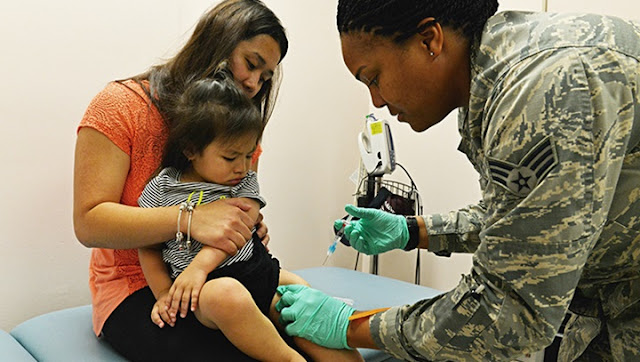 |
| How to protect yourself and prepare for the coronavirus |
Most people who get COVID-19 have mild or moderate symptoms and may recover with supportive measures. If you've got a cough, fever, and breathing difficulties, seek medical attention soon, but call the clinic first. If you've got a fever and sleep in a neighborhood with malaria or dengue, seek medical attention immediately.
DEMONSTRATED: Currently, there's no authorized medication to treat or prevent COVID-19.
Although several drug trials are ongoing, hydroxychloroquine or the other drug has thus far not been shown to cure or prevent COVID-19.
The improper use of hydroxychloroquine can cause serious side effects and health problems and even cause death.
WHO is coordinating efforts to develop and evaluate drugs against COVID-19.
Adding hot pepper to soup or other foods doesn't prevent or cure COVID-19.
Hot peppers (chilies) are very tasty, but their consumption doesn't prevent or cure COVID-19. the simplest thanks to protecting yourself against the new coronavirus is to stay a distance of a minimum of 1 meter from people and to scrub your hands frequently and thoroughly. it's also beneficial for general health to follow a diet, maintain adequate hydration, exercise regularly and sleep well.
Houseflies don't transmit COVID-19
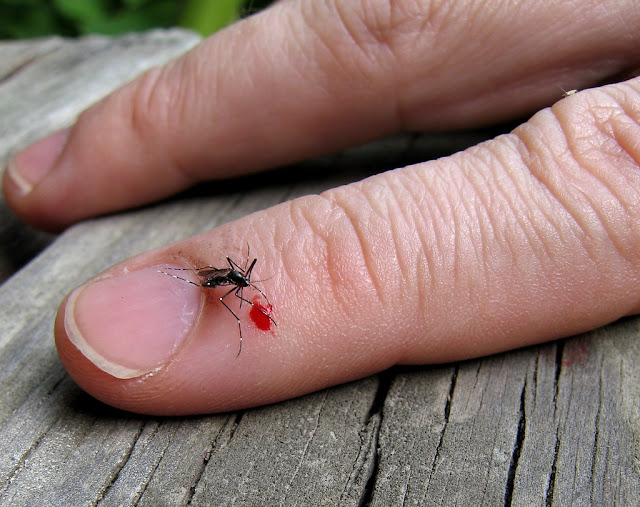 |
| How to protect yourself and prepare for the coronavirus |
To date, there's no data or information that indicates that house flies can transmit the virus that causes COVID-19. This virus is especially spread through the small drops generated when an infected person coughs, sneezes, or speaks. it's also possible to become infected if you touch a contaminated surface then put your hand to your eyes, nose or mouth without first washing your hands. to guard yourself, it's recommended to stay a distance of a minimum of 1 meter from people and disinfect surfaces that are often touched. Wash your hands frequently and thoroughly and avoid touching your eyes, mouth, or nose.
DEMONSTRATED: Spraying bleach or other disinfectants on the body or introducing them into the body doesn't protect COVID-19 and may be dangerous.
Bleach or other disinfectants should never be sprayed on the body or introduced into the body. These substances are often toxic if ingested, and get in touch with with them irritates and damages the skin and eyes. Bleach and disinfectants should only be used for surface disinfection and always with due caution. Remember to stay chlorine (bleach) and other disinfectants out of the reach of youngsters.
SHOWN: you'll get over coronavirus disease (COVID-19). Getting the new coronavirus doesn't mean that you simply will keep it for all times.
Most people who get COVID-19 can recover and take away the virus from their bodies. If you are doing get the disease, make certain to treat your symptoms. If you've got a cough, fever, and shortness of breath, seek medical attention quickly, but first, call your clinic. Most patients recover because of supportive care.
Just having the ability to carry your breath for ten seconds or more without coughing or feeling discomfort doesn't mean that you simply don't have coronavirus disease (COVID-19) or the other lung disease.
The most common symptoms of COVID-19 are dry cough, tiredness, and fever. Some people can develop more serious sorts of diseases, like pneumonia. the simplest thanks to knowing if you've got the virus that causes COVID-19 disease is to possess a laboratory test. you'll not be ready to leave doubts completing this breathing exercise, which could even be dangerous.
Drinking alcohol won't protect you from COVID19 and will be dangerous
 |
| How to protect yourself and prepare for the coronavirus |
Frequent or excessive alcohol consumption can increase the danger of health problems.
The COVID-19 virus is often transmitted in areas with hot and humid climates
The scientific evidence obtained thus far indicates that the COVID-19 virus is often transmitted in ANY AREA, including those with a hot and humid climate. no matter whether protective measures must be taken if you reside in or visit a neighborhood where COVID-19 has been reported. the simplest thanks to protecting yourself against COVID-19 is to scrub your hands frequently. during this way, viruses that will get on the hands are eliminated and infection that would be caused by touching the eyes, mouth, and nose is avoided.
Cold and snow CANNOT kill the new coronavirus (2019-nCoV)
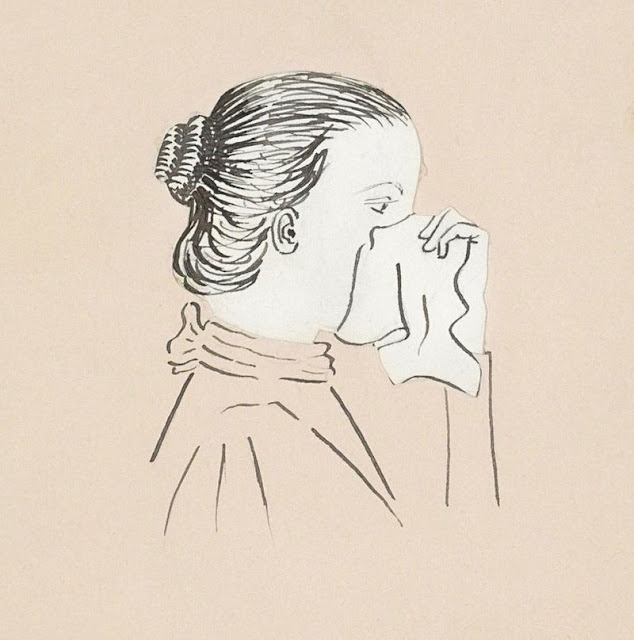 |
| How to protect yourself and prepare for the coronavirus |
The normal temperature of the physical body is maintained around 36.5 ° and 37 °, no matter the surface temperature or weather. Therefore, there's no reason to believe that cold can kill the new coronavirus or kill other diseases. the foremost effective thanks to protecting yourself against 2019-nCoV is to wash your hands frequently with an alcohol-based disinfectant or soap and water.
Bathing in predicament doesn't prevent infection with the new coronavirus
Bathing in predicament doesn't provide any protection against COVID-19. no matter the temperature of the bathtub or shower water, the blood heat will still be from 36.5 ° C to 37 ° C. In fact, if the water is just too hot you'll get burned. the simplest thing you'll do to guard yourself against COVID-19 is to scrub your hands frequently to get rid of viruses that will get on the surface and not spread by touching your eyes, mouth, and nose.
The new coronavirus can't be transmitted through mosquito bites
 |
| How to protect yourself and prepare for the coronavirus |
The new coronavirus may be a respiratory virus that's spread primarily by contact with an infected person through respiratory droplets that are generated when that person coughs or sneezes, for example. or through droplets of saliva or secretions from the nose. To date, there's no information or evidence to point that 2019-nCoV is often transmitted by mosquitoes. to guard yourself, avoid close contact with anyone who features a fever and cough, and practice good hand and respiratory hygiene.
Can the new coronavirus be killed with a hand dryer?
No. Hand dryers don't kill the 2019-nCoV. to guard yourself against the new coronavirus (2019-nCoV), wash your hands frequently with a hydroalcoholic gel or soap and water. Once clean, dry them well with paper towels or a hot air dryer.
Ultraviolet (UV) lamps shouldn't be wont to disinfect hands or other skin areas.
UV radiation can irritate the skin and damage the eyes. the foremost effective thanks to eliminating viruses is to wash your hands with a hydroalcoholic disinfectant gel or wash them with soap and water.
FACT: Non-contact thermometers don't detect COVID-19
Non-contact thermometers are effective in detecting people with fever (that is, with a better than normal body temperature). However, they are doing not allow the detection of individuals infected with the COVID-19 virus.
Fever can have multiple causes. Call a health care professional if you would like to help or seek medical attention immediately if you've got a fever and sleep in a neighborhood in danger of malaria (malaria) or dengue.
Do pneumonia vaccines protect against the new coronavirus?
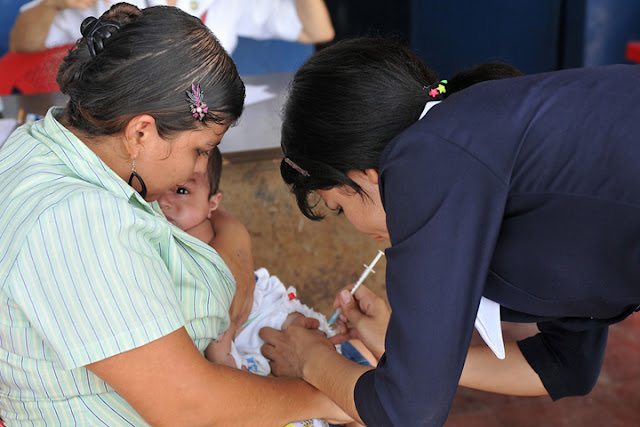 |
| How to protect yourself and prepare for the coronavirus |
No. Pneumonia vaccines, like pneumococcal and Haemophilus influenza B (Hib) vaccine, don't protect against the new coronavirus.
The 2019-nCoV is so new and different that it's necessary to develop a selected vaccine, which is already being worked on with the support of the WHO.
Although pneumonia vaccines aren't effective against 2019 ‑ of, it's highly desirable to urge vaccinated against respiratory diseases to take care of healthiness.
Should I rinse my nose regularly with saline to stop infection with the new coronavirus?
No. there's no evidence to suggest that this practice protects against infection with the new coronavirus.
Although some evidence indicates that rinsing your nose regularly with saline can speed recovery after a standard cold, it's not been shown to stop respiratory infections.
Can eating garlic help prevent infection with the new coronavirus?
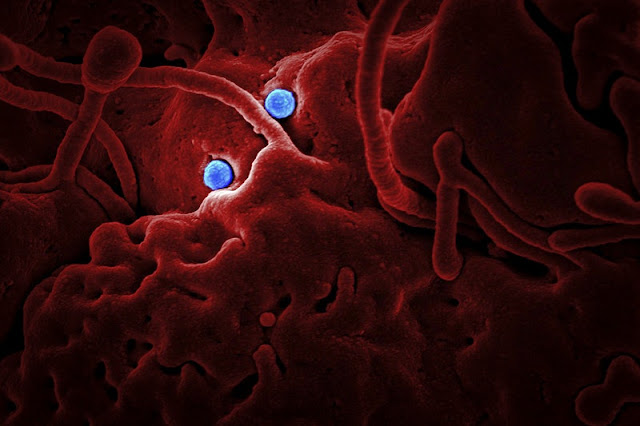 |
| How to protect yourself and prepare for the coronavirus |
Garlic may be healthy food that will have some antimicrobial properties. However, there has been no evidence that eating it protects against the virus causing the present outbreak.
Does the new coronavirus affect only the elderly or can it also affect the younger ones?
The new coronavirus (2019-nCoV) can infect people of all ages, although older people and people with some diseases (such as asthma, diabetes, or heart disease) are found to be more likely to become seriously ill once they acquire the infection.
The WHO advises people of all ages to require steps to guard themselves against the virus, for instance through good hand and respiratory hygiene.
Are antibiotics effective in preventing and treating the new coronavirus infection?
No. Antibiotics are effective against bacteria, but not against viruses.
Since the new coronavirus (2019-nCoV) may be a virus, antibiotics shouldn't be wont to prevent or treat the infection.
However, if you become infected with this virus and are hospitalized, you'll tend antibiotics to stop bacterial infections.
Are there any medications to stop or treat the new coronavirus infection?
At the instant, no specific medication is suggested to stop or treat the infection with the new coronavirus (2019-nCoV).
However, it's necessary to adequately look after people infected with this virus to alleviate and treat symptoms and to hunt optimized support measures for those with severe symptoms. Specific treatments are being studied and can be tested in clinical trials. WHO helps to streamline research and development with variety of partners.



0 Comments